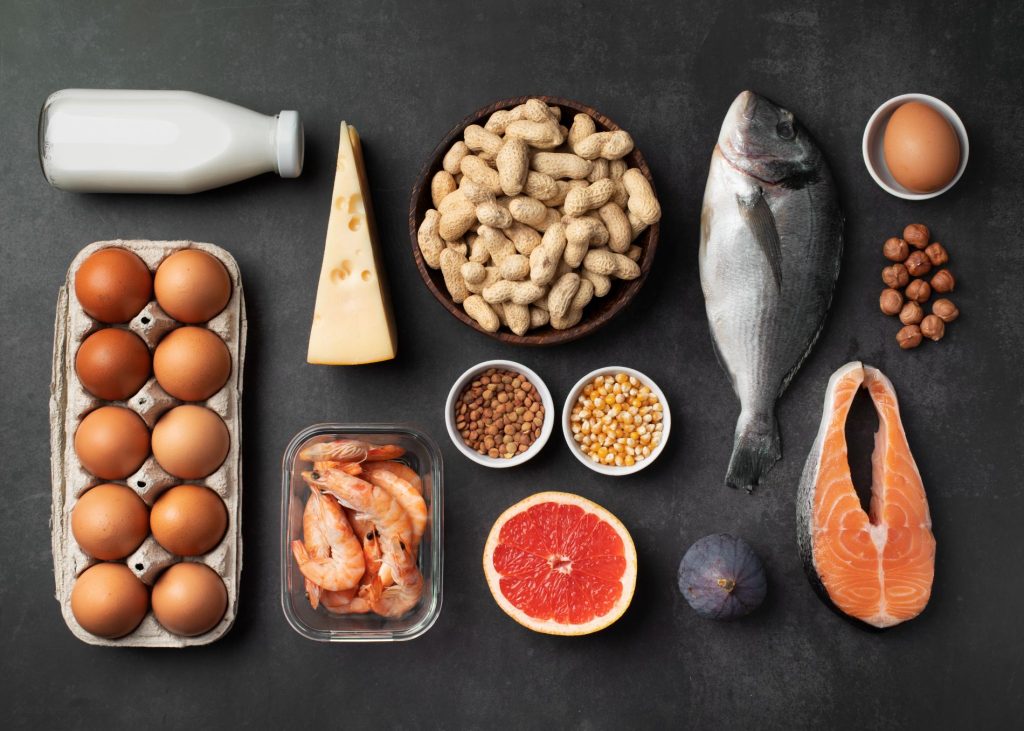Did you know that your body is 60-75% water? Therefore it should be no surprise that how much water you drink can affect your health. We often hear that too little water can cause dehydration, headaches, or fatigue. But did you also know that too little water can lead to weight gain? At Olivera Weight Loss we encourage our patients to drink lots of water, both to help them lose weight and for their overall health.
So how much water should you drink?
Bio-individuality (age, activity, climate, diet, health concerns, etc.) applies not only to food but also to the amount of water our bodies need to function properly. On average, each day men should drink about 3 liters (13 cups) and women about 2.2 liters (9 cups) of water. We also get lots of water from eating fresh fruits and green leafy vegetables. So please eat your broccoli!
Soft drinks are NOT water!
Many of our patients arrive overweight and tell us about their consumption of sweetened drinks like Coke, Pepsi, Gatorade, and… the list is endless. But the #1 cause of overweight and obesity in the U.S. is from eating processed foods including sweetened beverages. SO IF YOU WANT TO LOSE WEIGHT AND BE HEALTHY, AVOID ALL SWEETENED BEVERAGES.
Dehydration
If you’re feeling thirsty, you’re already dehydrated. And if you allow yourself to become dehydrated, your body often thinks it it is hungry and sends signals for you to eat! That’s another reason why our medical staff at Olivera emphasize the importance of drinking water. And drinks like coffee, tea, sodas, alcohol and energy drinks are not water. They contain water but also contain dehydrating agents. So do not treat dehydration with those drinks! (Click on this link for an interesting graphic about the impacts of dehydration on the body.)
Water intake should be increased in the following situations:
- Hot/humid temperature
- High altitude (above 8200 feet)
- High exercise level
- Illness of fever, diarrhea, vomiting
- Bladder or urinary tract infections
- Pregnancy/ breast feeding
- Increased alcohol intake
What is the best type of water to consume?
Consumption of water depends on cost and availability, as not everybody has access to the best sources of water.
- Tap water is the most readily available but may not always be the safest option. Some cities have very good purification systems, while others leave traces of chlorination by-products, lead, and sometimes bacteria. Research your city’s Consumer Confidence Report distributed every year by the Environmental Protection Agency to see if additional home purification is warranted.
- Water filters can help remove contaminants when environmental toxins pose a threat to water systems. It is important to know which contaminants are present in your water to choose the right filter.
- Distillation is a process consisting of boiling water and has been found to remove impurities and toxins. However, some believe the naturally occurring minerals in non-distilled water are beneficial to health.
- Bottled water has become a popular option for individuals without access to safe tap water; however, there are growing concerns about chemicals from the plastic seeping into the water, as well as the effects that the increasing number of empty bottles that litter the environment.
- Water ionizers are gaining more recognition for their ability to create alkaline ionized water though electrolysis, which may have certain health benefits.
So please take care of yourself and drink plenty of water. And avoid the sweetened drinks that contains LOTS of calories and lead to weight gain. At Olivera Weight Loss, we know that drinking lots of water not only helps you lose weight, but also leads to better overall health.
Come by and see us, we would be happy to help you lose weight and be healthy.







